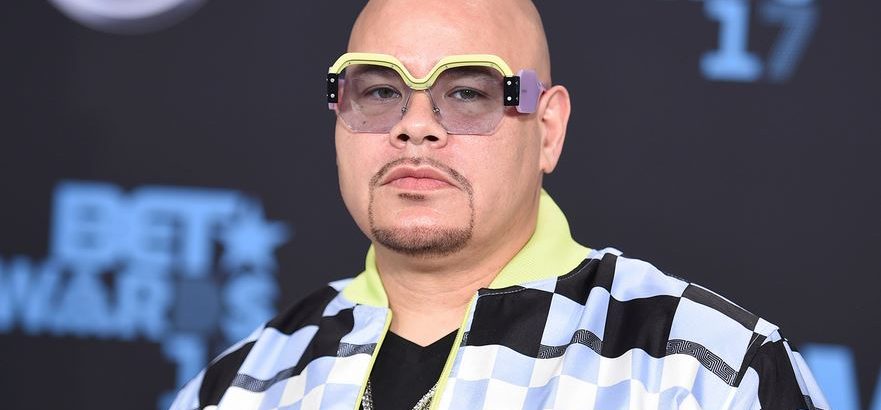
Hip-hop has always been a dynamic and evolving genre, reflecting the cultural shifts and societal changes of its time. Recently, rapper Fat Joe sparked a conversation within the hip-hop community when he expressed his thoughts on the growing presence of what he termed ‘femininity’ in the genre, suggesting that such expressions were less common during his era in the music industry.
In an interview, Fat Joe remarked on the changing landscape of hip-hop, noting that in his early days in the industry, the portrayal of femininity was not as prevalent as it is today. He felt nostalgic for the gritty, masculine image that characterized hip-hop during his era, contrasting it with what he perceives as a shift toward a more diverse and inclusive representation of gender and sexuality in modern hip-hop.
“In my era, we wouldn’t have seen that,” Fat Joe stated, alluding to the increasing visibility of artists who challenge traditional gender norms and embrace their femininity in their music and image. While acknowledging the importance of diversity and artistic expression, he raised questions about whether these changes depart from hip-hop culture’s roots.
Fat Joe’s comments have sparked reactions from fans and fellow artists alike. Some have applauded his candor and shared his sentiments, echoing a desire to preserve the authenticity and rawness of hip-hop as they remember it. Others have criticized his remarks as being out of touch with the evolving nature of the genre and the broader cultural shifts towards inclusivity and acceptance.
Indeed, hip hop has always reflected the realities and experiences of its creators, and as society continues to evolve, so does the music. Artists today are more vocal about issues of gender identity, sexuality, and self-expression, pushing boundaries and challenging conventional norms in ways that were perhaps less common in the past.
While Fat Joe’s remarks may have stirred controversy, they also serve as a reminder of the ongoing dialogue within the hip-hop community about the genre’s direction and the values it represents. As hip-hop continues to evolve, it is essential to recognize and celebrate the diverse voices and perspectives that contribute to its rich tapestry, whether they conform to traditional notions of masculinity or not.
In conclusion, Fat Joe’s questioning of the growing ‘femininity’ in hip-hop reflects a broader conversation within the genre about identity, representation, and authenticity. While his remarks may be rooted in nostalgia for the hip-hop of his youth, they also highlight the dynamic and ever-changing nature of the music and its ability to reflect the complexities of the human experience.
The post Fat Joe Sparks Controversy with Remarks on Changing Dynamics of Hip Hop: Challenges Perception of ‘Femininity’ in the Genre first appeared on The Source.
The post Fat Joe Sparks Controversy with Remarks on Changing Dynamics of Hip Hop: Challenges Perception of ‘Femininity’ in the Genre appeared first on The Source.
